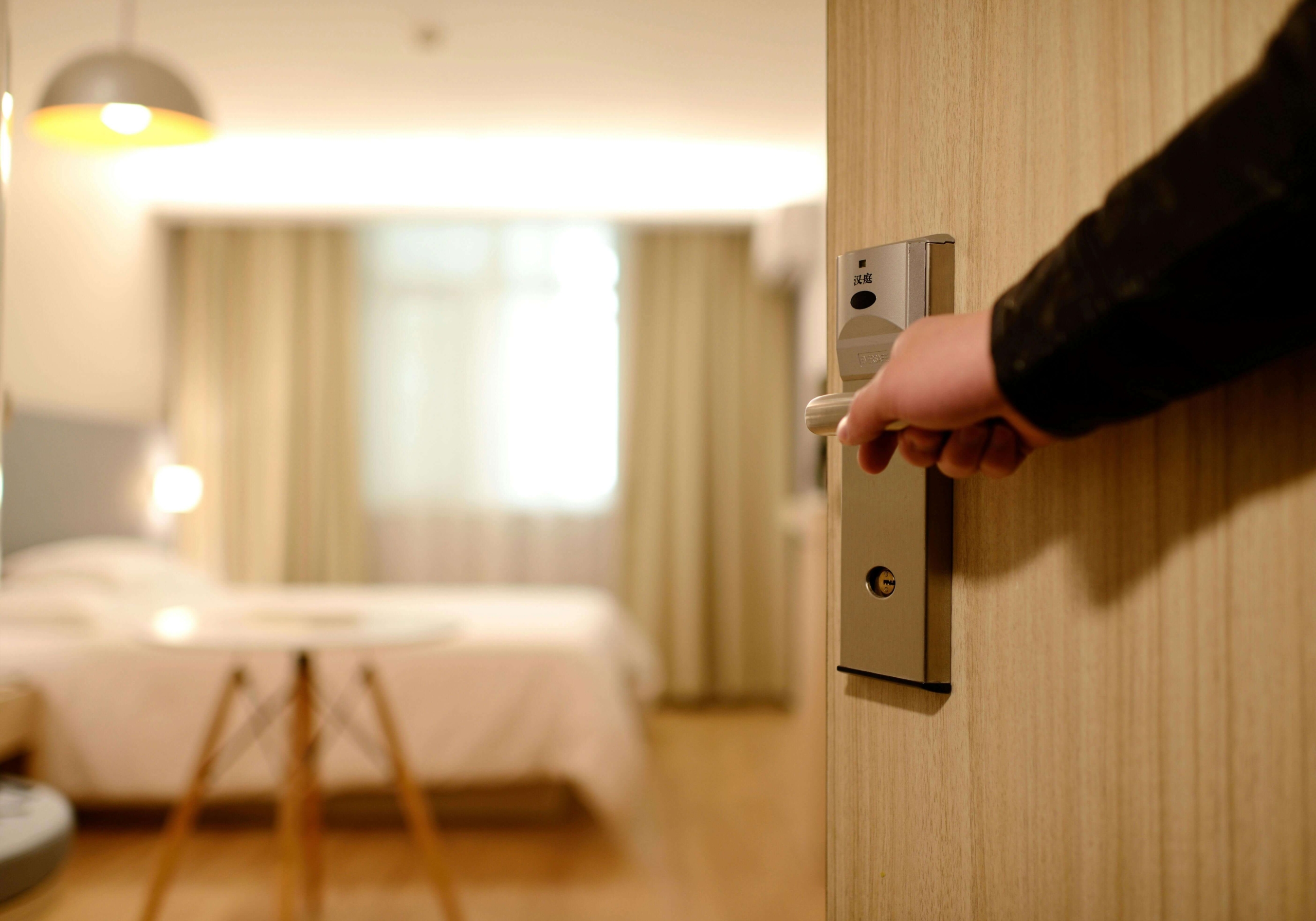The hospitality sector thrives on personalized services and exceptional experiences—none more so than the luxury hotel industry. General Managers and their staff spend countless hours working with guest accommodations through their communications whether it is on the phone or through messaging platforms understand that time responding to inquiries is extremely important. It is these carefully curated interactions that set luxury accommodations apart and yet are so time consuming for the staff which could be spent on other customer and guest needs. That being said, there is a new employee at the front desk and its name is GenAI—or generative artificial intelligence. The big question though is what impact will GenAI have on the overall customer experience? Will GenAI help or become a nuisance to the hotel staff and in return for guests?
The Role of AI in Luxury Hospitality
Generative AI, in the context of luxury hotels, is an emerging technology that has the potential to revolutionize how guests are served in so many formats. From tailored concierge services enabled by machine learning to automating mundane tasks to free up staff to provide more high-touch interactions, AI could and more likely will represent a new chapter in hospitality. However, adopting any form of automation, especially in a service-driven industry like luxury hospitality, must be approached with caution and understanding.
Understanding Generative AI
Before we address its implications, it’s crucial to understand what GenAI signifies. In brief, GenAI refers to artificial intelligence systems that can generate text, voice, images, and even video content in response to user prompts such as messaging through chat apps and emails. These systems can improve over time, learning from interactions to provide more contextually relevant and personalized responses at a quick rate. Meaning GenAI can provide a quick base as opposed to a hotel employee looking up an answer or figuring out how to quickly respond to a guest in a courteous and helpful way that signifies the luxury brand that they represent.
Enhancing Personalization Through AI
For General Managers, the allure of GenAI lies in personalization and the speed in which the personalization happens. Imagine that AI remembers a returning guest’s preferred room temperature, favorite table at the restaurant, preference to visit the spa or gym, and even the time they like to be woken up at—before they even walk through the door. These small yet significant details could elevate the guest experience from excellent to exceptional which can have an immediate impact on the General Manager’s bottom-line.
Streamlining Operations with AI
GenAI could also radically streamline operations, from inventory management to predictive maintenance. By predicting and preemptively addressing issues before they affect guests, hotels can ensure that their visitors’ experiences are seamless and disruption-free. It could also mean that GenAI could help streamline questions coming in through escalations of urgency such as a broken AC/Heat thermostat, or no hot water in the shower to something that might not be as urgent such as time the spa opens in the morning or confirm a reservation at the hotel restaurant. GenAI can also streamline the guests agenda by understanding each guest’s preferences such as proactively scheduling spa treatments, restaurant reservations, taxis to the airport, etc. Through all these examples, you can see that GenAI can have a major impact on operations leading to happier guests.
The Potential Pitfalls
However, with every silver lining comes a cloud. Over-reliance on GenAI could depersonalize guest interactions—something antithetical to the ethos of luxury hospitality. The key lies in finding that perfect synergy between human warmth and machine efficiency. After all, an AI might anticipate needs, but it can’t replicate the genuine human connection that comes from a warm greeting or a smile from a staff member who truly cares. It can however set the stage for the hotel staff to quickly engage with guests by setting the table with recommendations, but in the end the staff would have to jump in to reassure that the needs of the guests are truly met and jump in where necessary to tie up any of the loose ends.
Training Staff to Complement AI
We are writing another blog that focuses on this subject in a little more detail. The idea of GenAI should be looked at as a professional assistant or copilot that instead of potentially replacing any hotel staff, AI rather should help complement them by taking over simplistic tasks that free up real humans to deliver high-quality, personalized service that no AI or machine could match. Training employees to work alongside AI as well as tapping into how AI could help train new employees on how to essentially respond to guests, but also allowing them to free up time so that they can concentrate on more important tasks while gaining on-the-job experience.
Staying Competitive with AI Adoption
GenAI offers such considerable competitive advantages that not incorporating it to some degree puts any luxury hotel at risk of falling behind. Can you imagine a competitor who can speak the same language as a guest, who can respond to a guest in seconds and not minutes, who is immediately accountable to the guest for anything needed. The challenge is to wield AI as a tool, as an assistant to your team, almost another employee, but not as a crutch. AI helps ensure that luxury hospitality needs are met and that it helps continue to provide experiences that are richly human at heart. And are absolutely necessary!
Conclusion
The question isn’t whether GenAI will change the customer experience in luxury hotels, but how luxury hotel leadership such as General Managers, Operations, and IT who can balance the technological advancements of AI with the timeless traditions of hospitality can reap the obvious rewards in customer satisfaction and operational excellence. We want to make clear that in the luxury hotel industry, the human touch will never go out of style—AI should simply enhance it, assist it, but not replace it.
The Way Forward
Luxury hotel leaders must now ponder how to integrate GenAI thoughtfully and sensibly within their service delivery models. When deployed with care, GenAI could certainly change customer experience for the better; a high-tech feature serving a high-touch purpose. In the hands of a forward thinking hotel management team, GenAI is an instrument that amplifies the craft of luxury—an ally in the pursuit of service beyond the ordinary.
—
What are your thoughts on the integration of GenAI in luxury hospitality? How do you believe it should be harnessed to improve customer experience without losing the personal touch? Share in the comments below.

Glowing, Inc. is a leading US-based software company that specializes in AI-enhanced omni-channel guest engagement solutions. We provide some of the world’s leading brands in hospitality and other verticals an intelligent and unified platform to overcome the complexity of in-the-moment messaging and enhance guest experience–helping them win guest satisfaction and loyalty.
